Her child had a fever and pneumonia, so Thao Thi Pang in Hang Xe village, Hanh Phuc commune took her child to Tram Tau Medical Center for examination and treatment. Her family's circumstances were difficult, but thanks to the health insurance card for poor households supported by the State, Ms. Pang was less worried when family members fell ill.
Ms. Pang shared: With the State's health insurance support, I feel very secure when I have to go for medical examination and treatment because I don't have to pay any additional expenses.
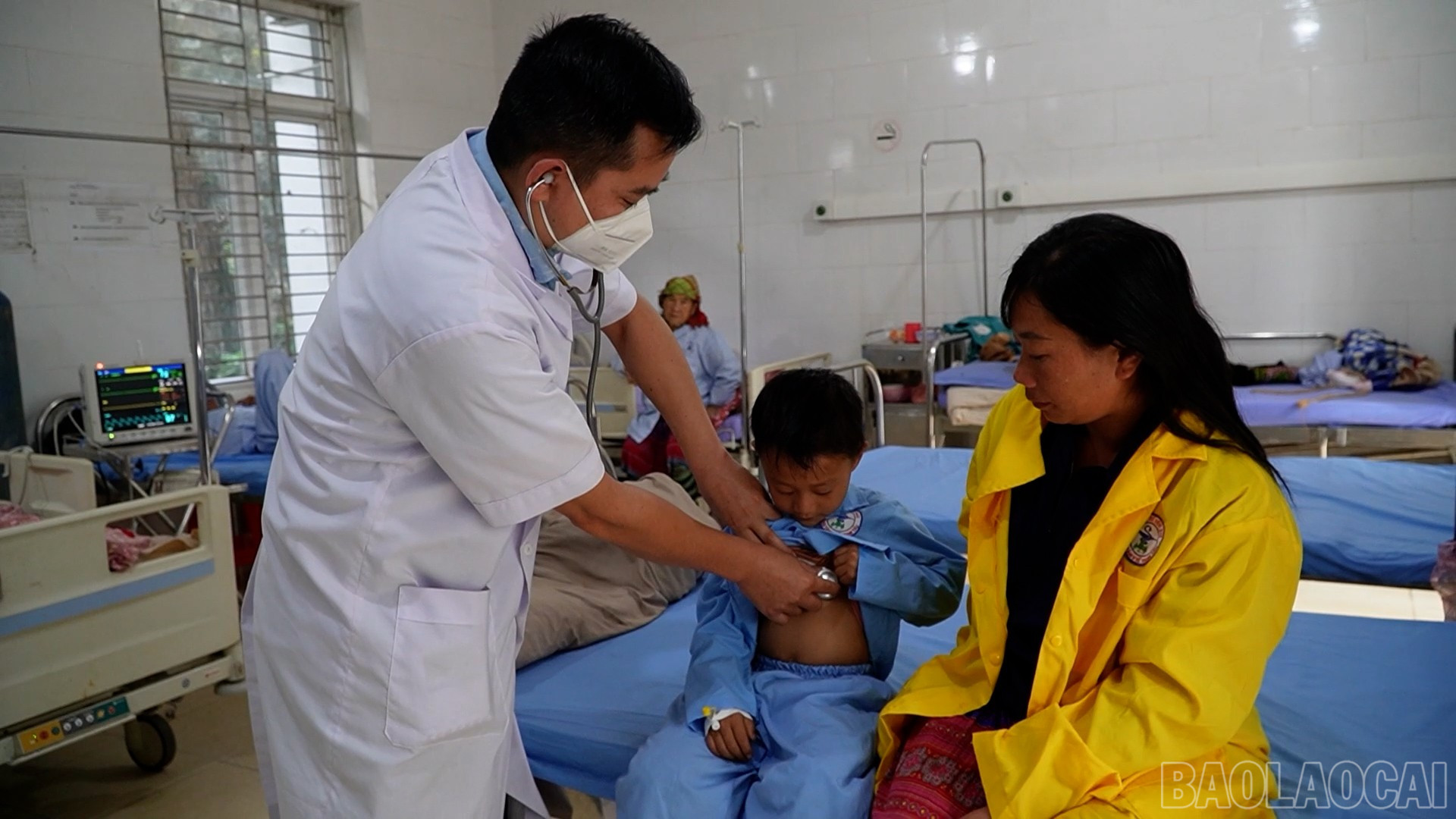
Ms. Pang is one of thousands of people in the highlands of Hanh Phuc commune who have received health insurance cards from the State. Whenever someone in her family gets sick, she takes them to Tram Tau Medical Center for examination and treatment. Common illnesses are examined, given medicine and carefully instructed on how to use it; more serious illnesses are treated as inpatients at the center.
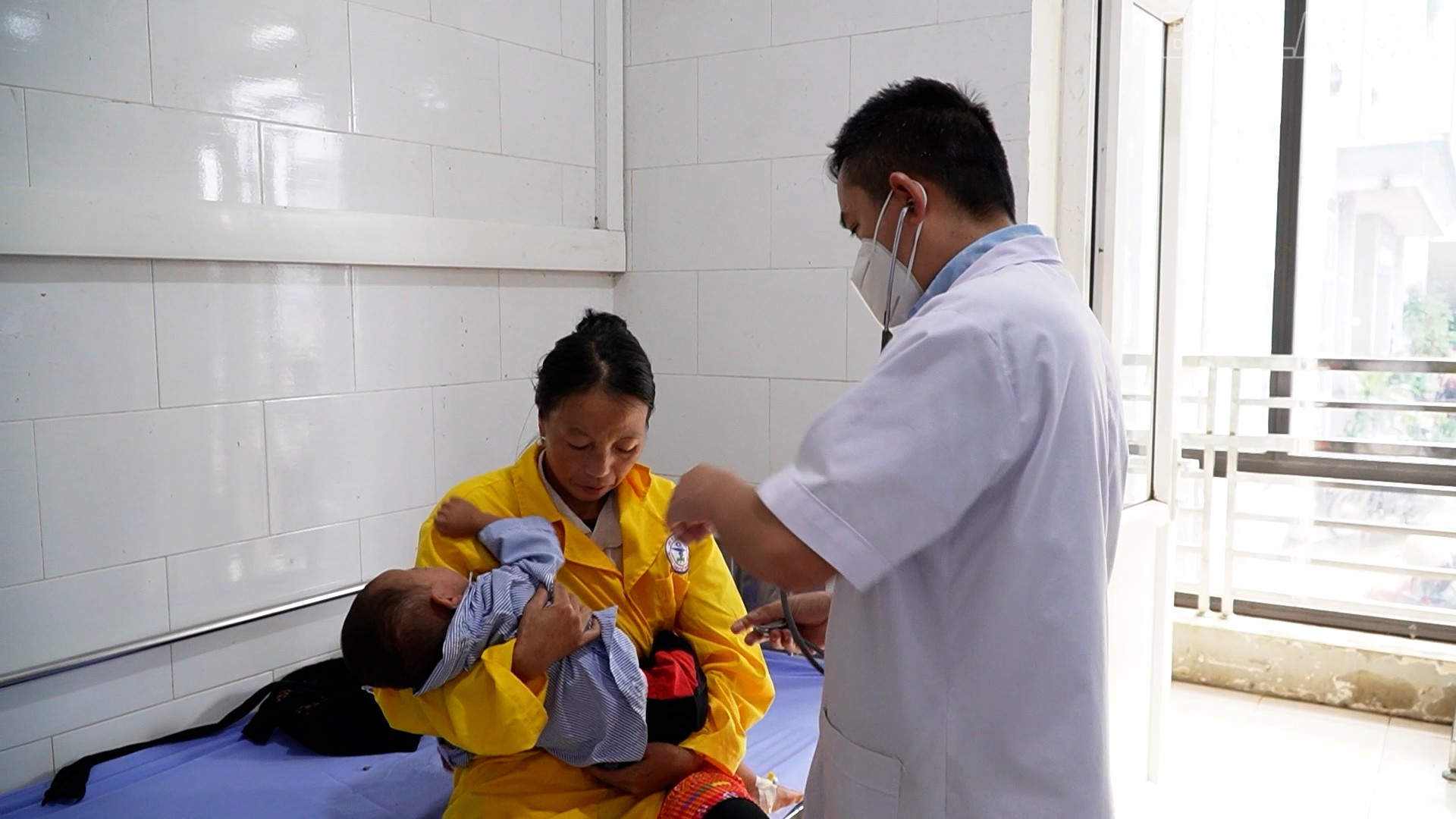
Not only in Hanh Phuc commune, but also in many other highland communes such as Tram Tau, Phinh Ho, etc., the health insurance policy has truly become a support for people in health care.
According to statistics from the Central Social Insurance, in the communes and wards, there are 117,790 people participating in health insurance, of which 44,532 people are granted free cards. These are mainly ethnic minorities, people living in difficult communes whose contributions are fully supported by the State.
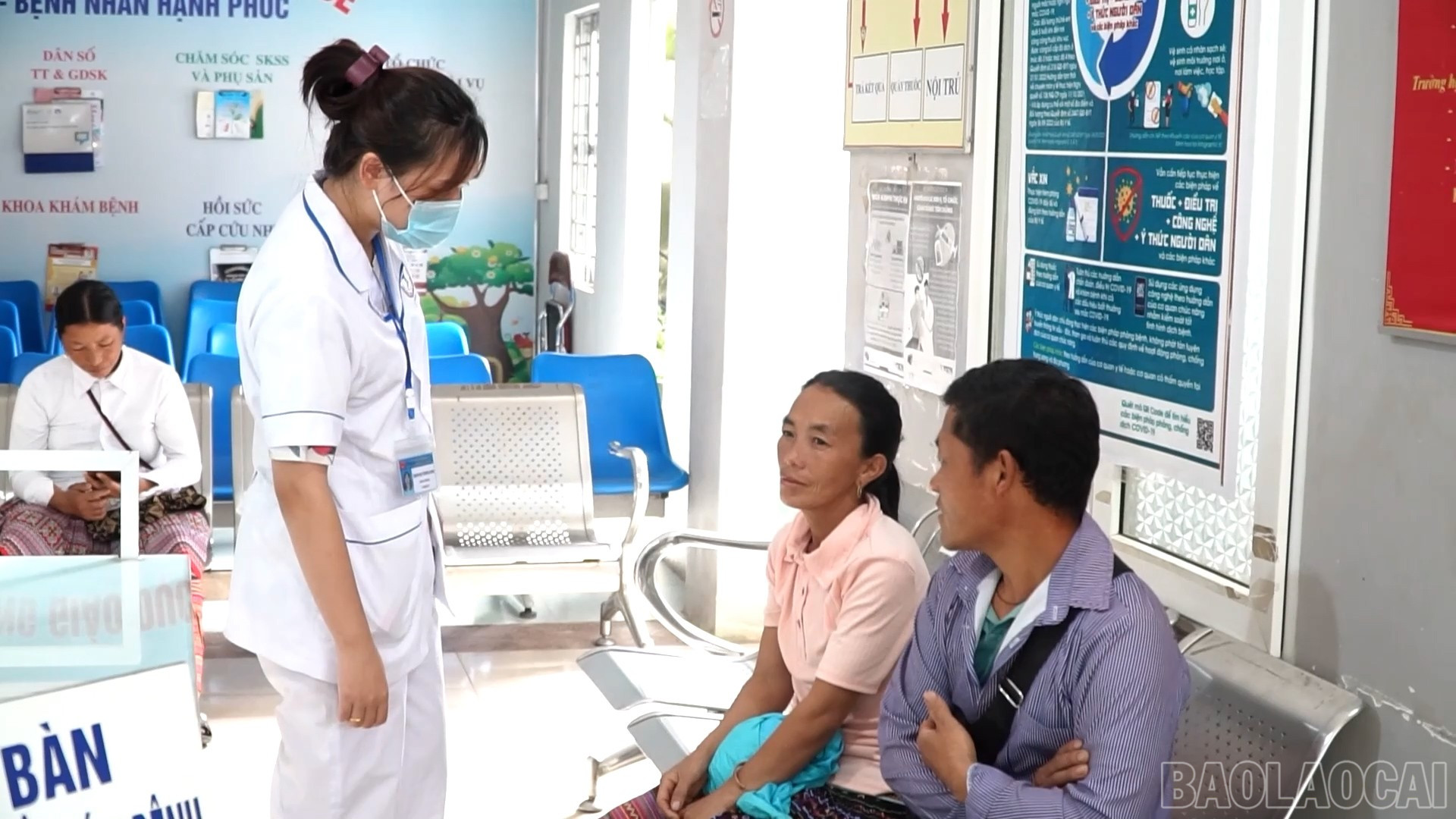
Not only does it benefit patients, the health insurance policy also encourages medical facilities to improve service quality. Many commune health stations have been invested in and upgraded with modern equipment; medical staff and doctors are periodically trained to meet the increasing demand for medical examination and treatment, creating trust for people to stick with health insurance for a long time.
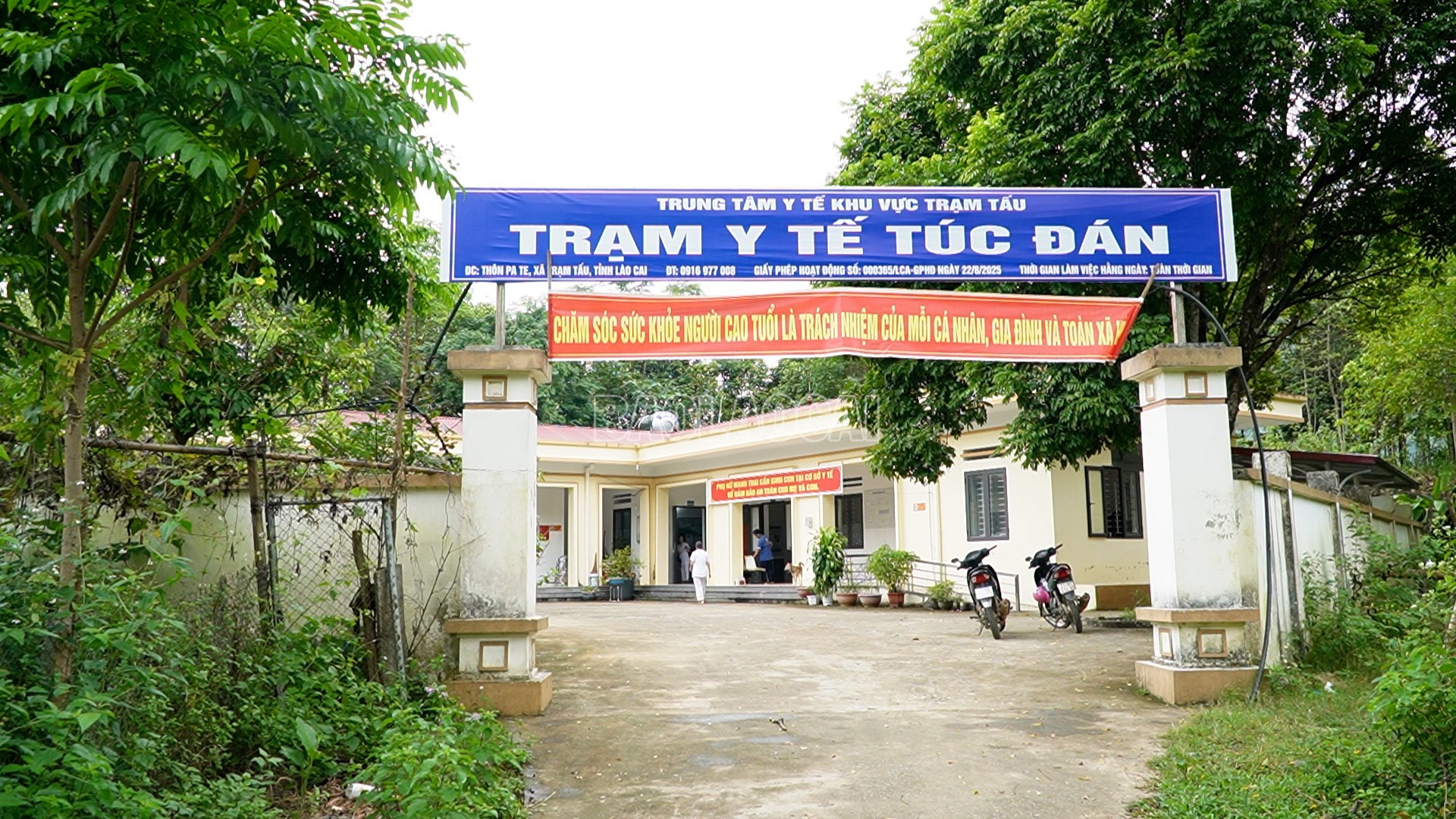
In recent years, the grassroots health care system in the highlands has been invested in, equipped with more equipment and medicines to serve the examination and treatment of health insurance. In addition, young doctors and nurses volunteering to work in the highlands also contribute to improving the quality of health care for the people.
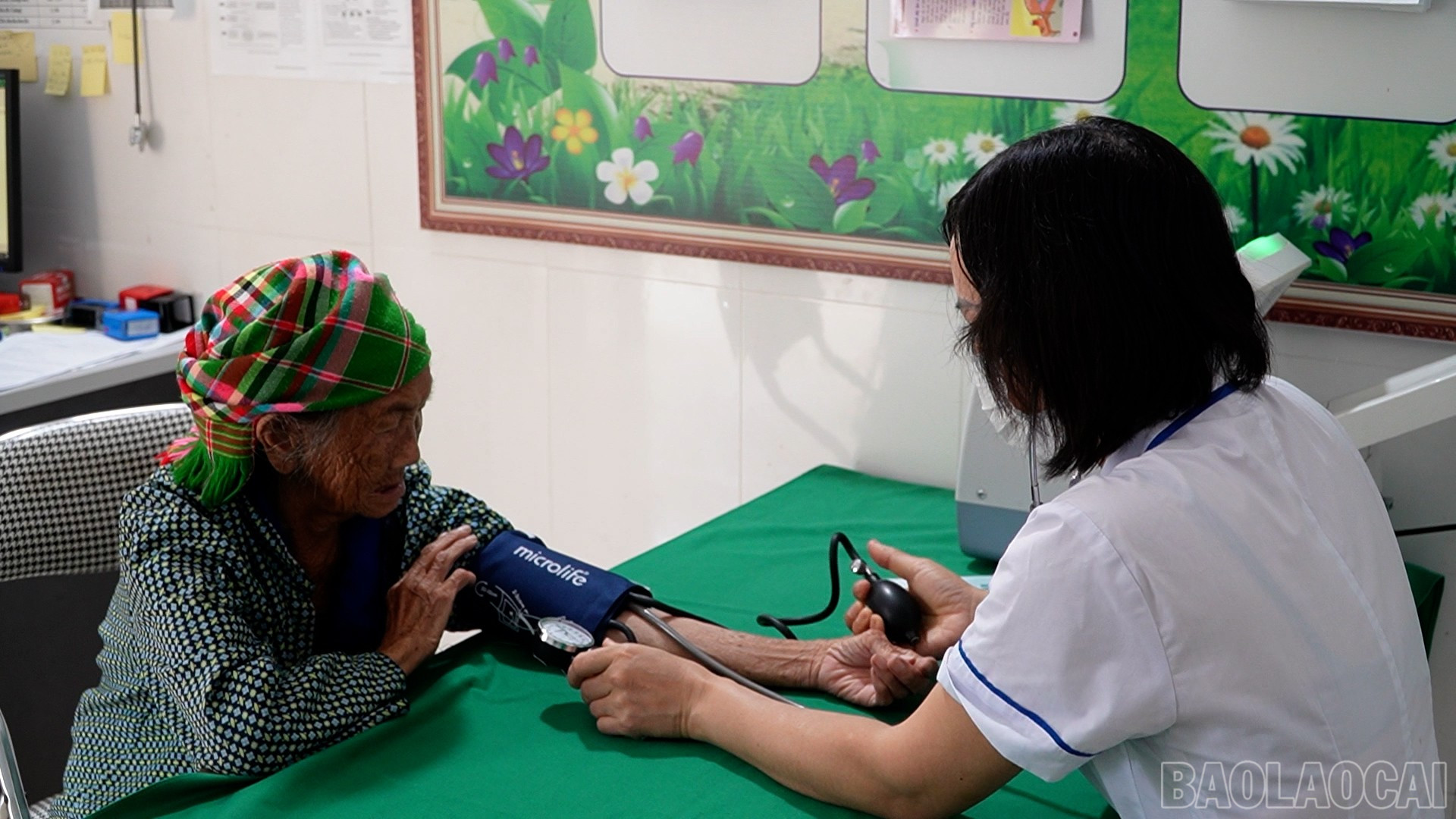
Doctor Vu Trong Viet - Head of Tuc Dan Health Station shared: In the past, when there was no health insurance support, many people were afraid to go to the station because they were afraid of spending money. But since having health insurance, they are more concerned about health care and proactively go for regular check-ups. The health station is close to the people so it is very convenient, especially for the elderly, pregnant women and children.
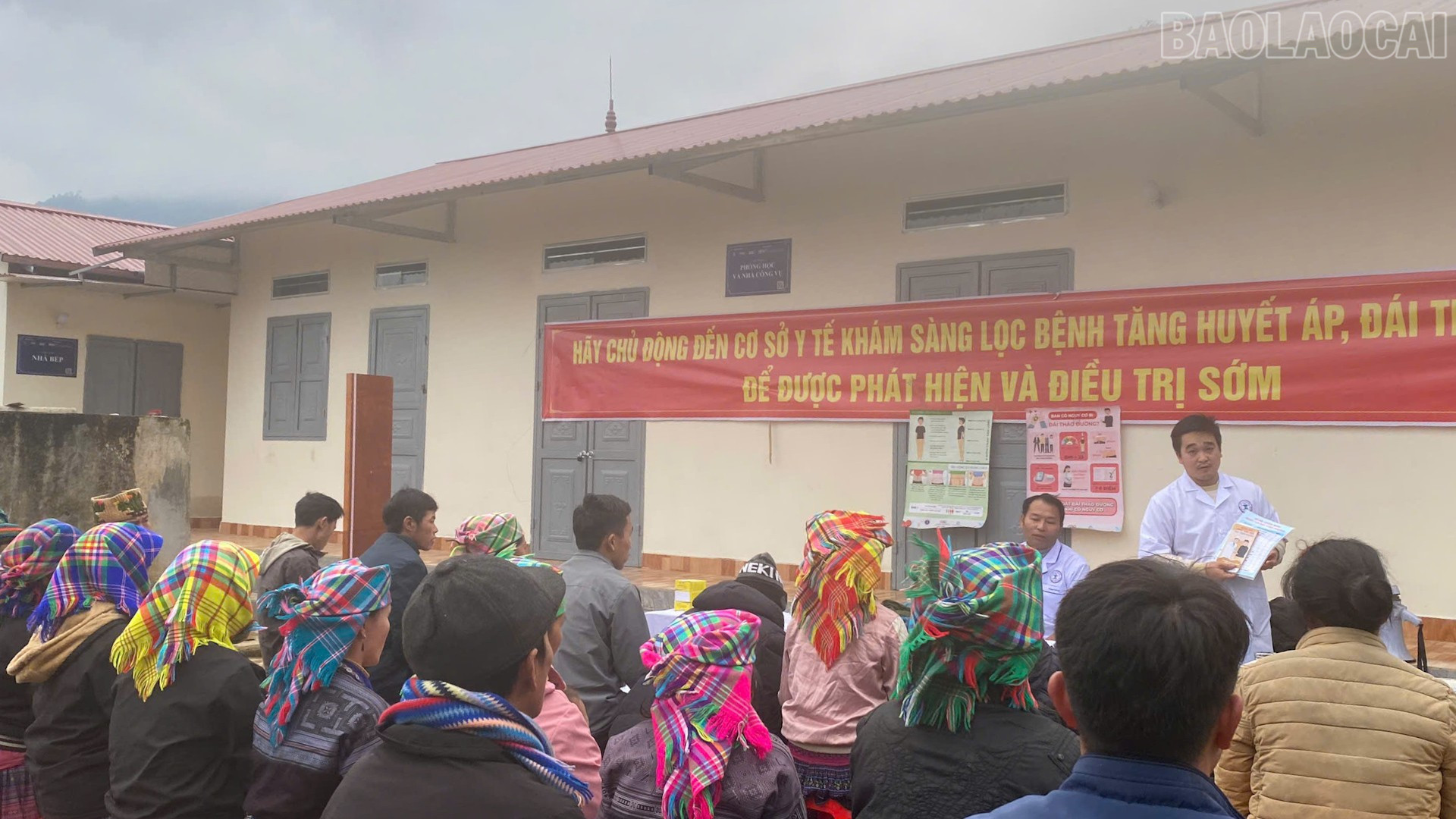
According to Vietnamese doctors, the station currently manages 6 villages with 4,126 people; each year, it examines and treats between 2,000 and 2,200 people, nearly 100% of whom have health insurance cards. Mild cases are treated on-site, helping to reduce costs and travel time; serious illnesses are transferred to higher levels, and people can rest assured about their treatment thanks to their health insurance cards.
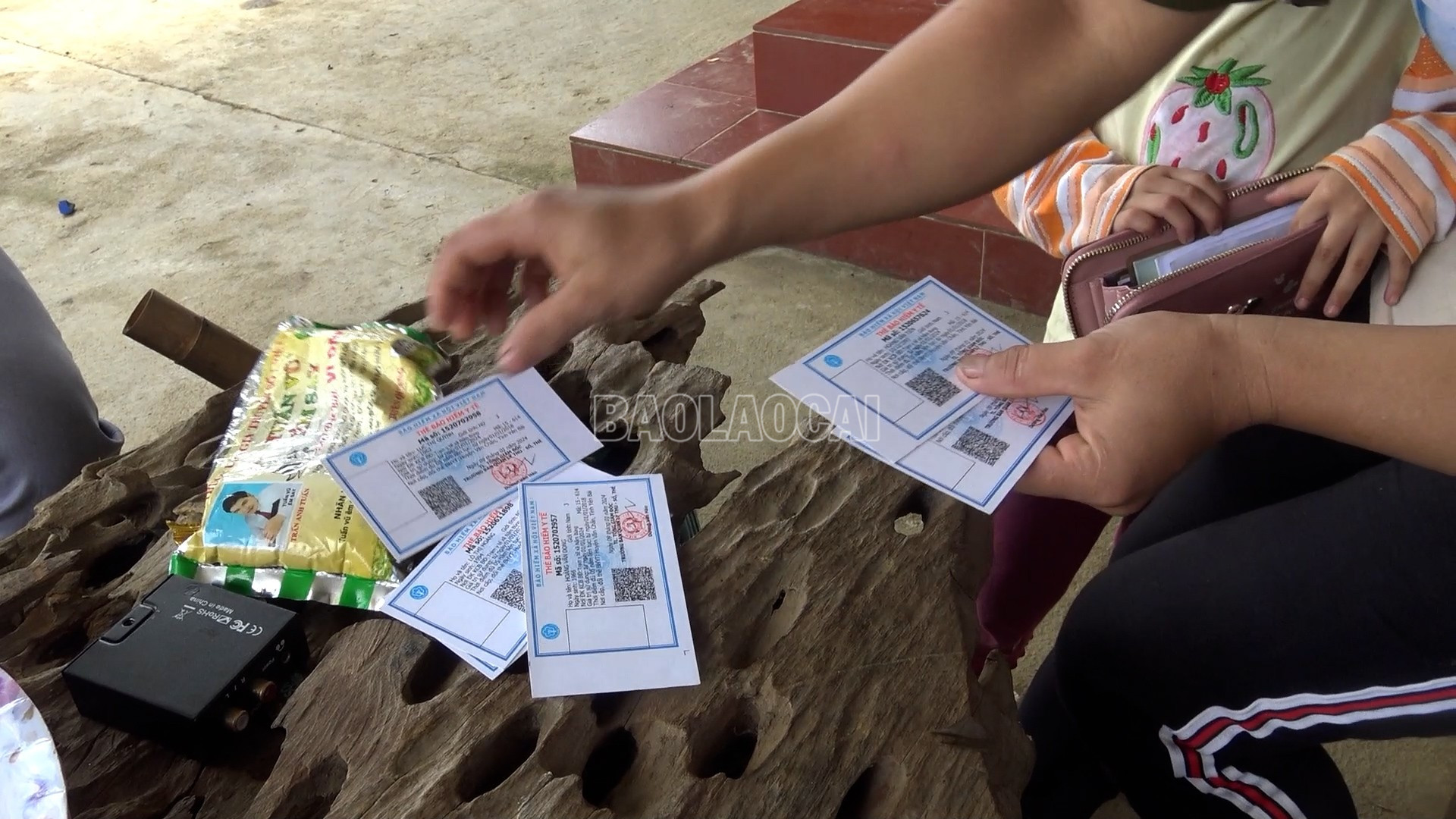
Mr. Tran Ngoc Binh - Director of the Center's Social Insurance said: We always identify universal health insurance coverage as a very important task. Particularly for communes with special difficulties and ethnic minorities, we coordinate with communes and villages to widely propagate so that people clearly understand the benefits of participating in health insurance. At the same time, we coordinate with medical facilities in the area to create the best conditions for people with health insurance cards to come for medical examination and treatment.
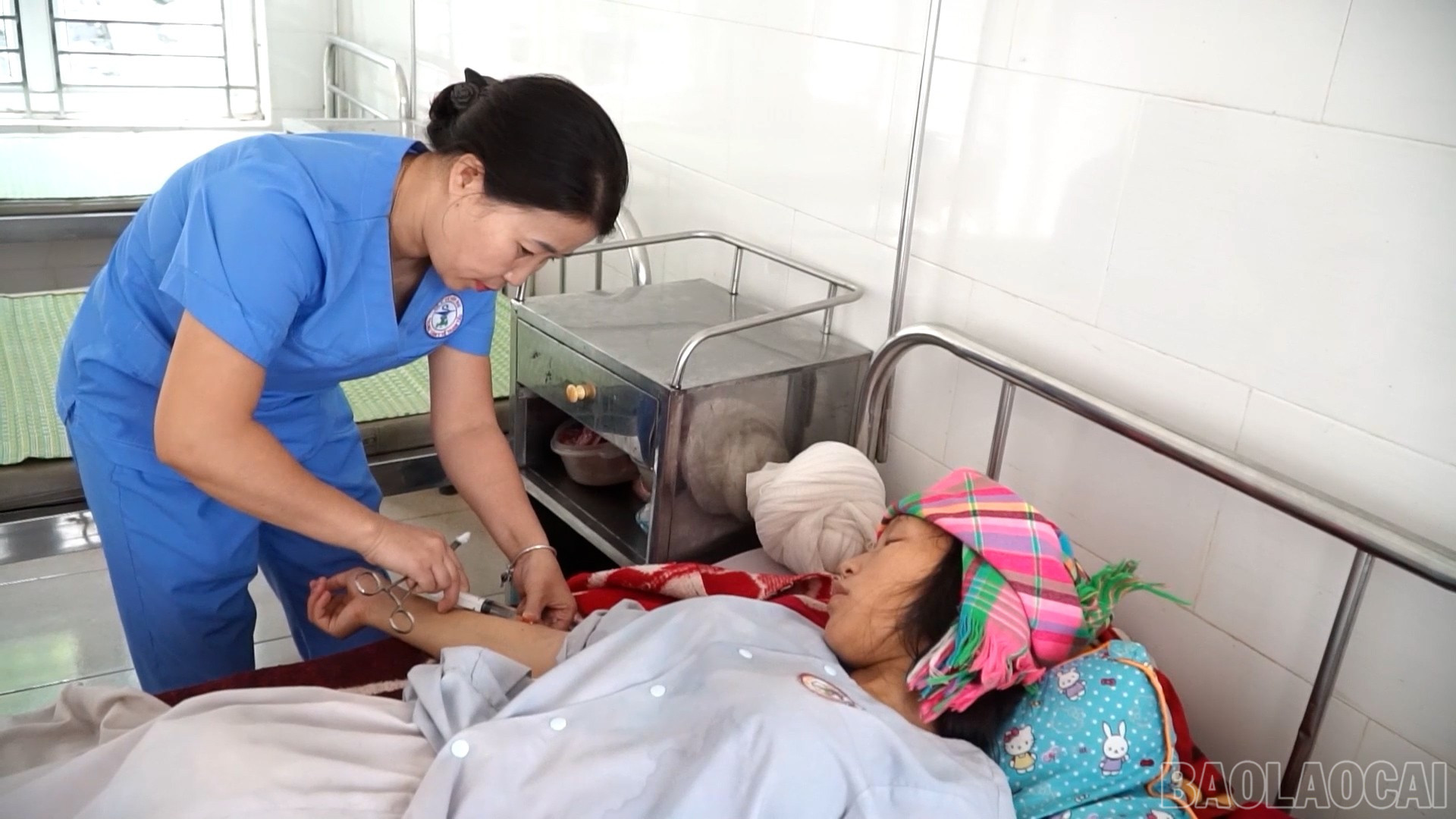
When people understand and actively participate in health insurance, they no longer consider it an unfamiliar policy but a legitimate and practical right. Thanks to that, the rate of people using health insurance cards for medical examination and treatment has increased steadily over the years.
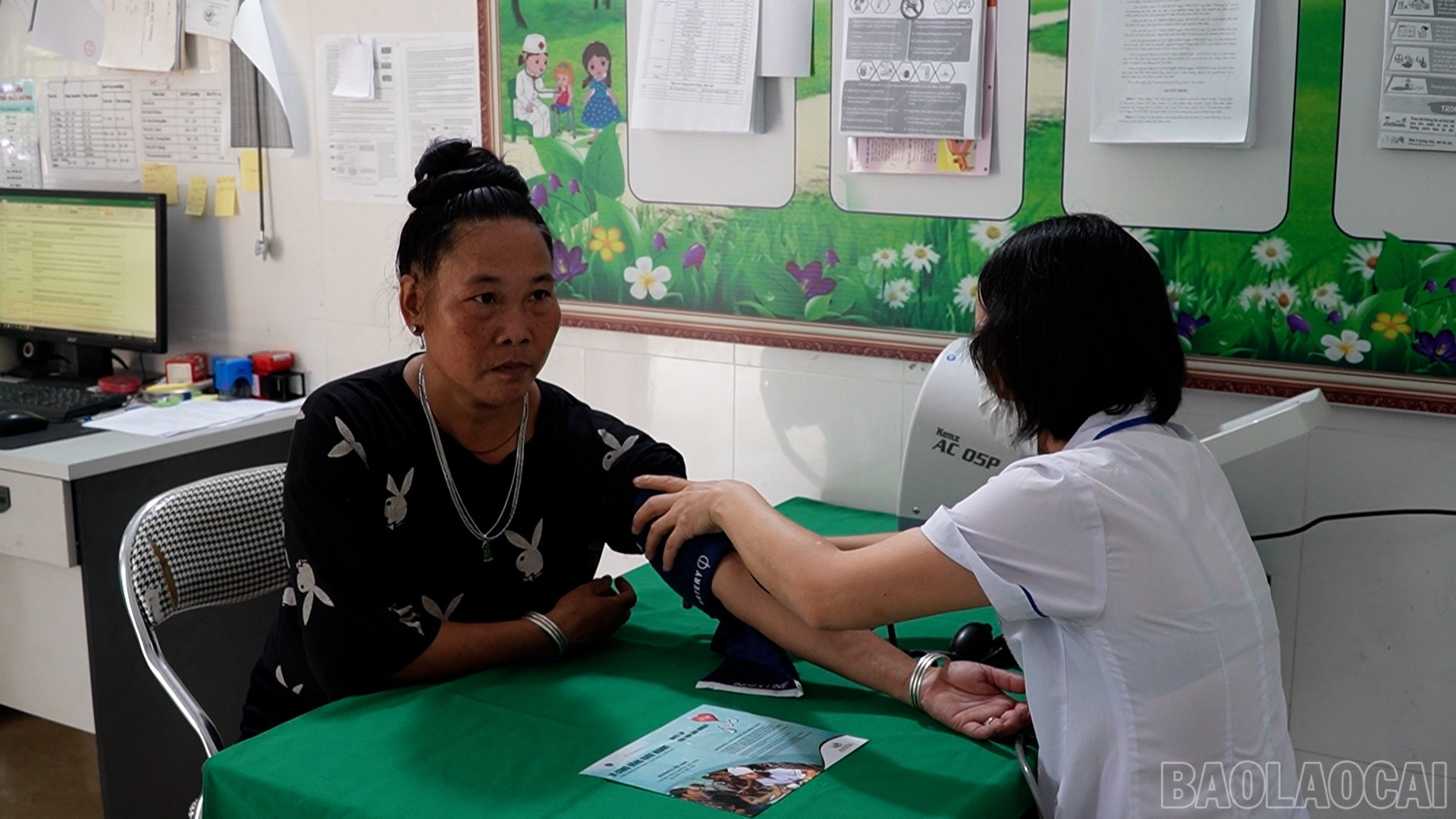
Mrs. Ha Thi Ot in Pa Te village, Tram Tau commune comes for a monthly health check-up.
Mrs. Ha Thi Ot, Pa Te village, Tram Tau commune, said: I live alone and have high blood pressure so I have to check my health regularly. Having a health insurance card and a medical station near my house makes me feel very secure. Every month, I go for a check-up, get medicine and follow the doctor's instructions on diet, thanks to which my health has improved a lot.
Despite many encouraging results, health insurance work in the highlands still faces difficulties: the area is large, transportation is difficult, many villages are far from medical centers; some medical stations lack equipment, specialized drugs, and the medical staff is small. Many people do not understand the regulations on referrals, leading to wrong-level examinations, affecting insurance benefits.
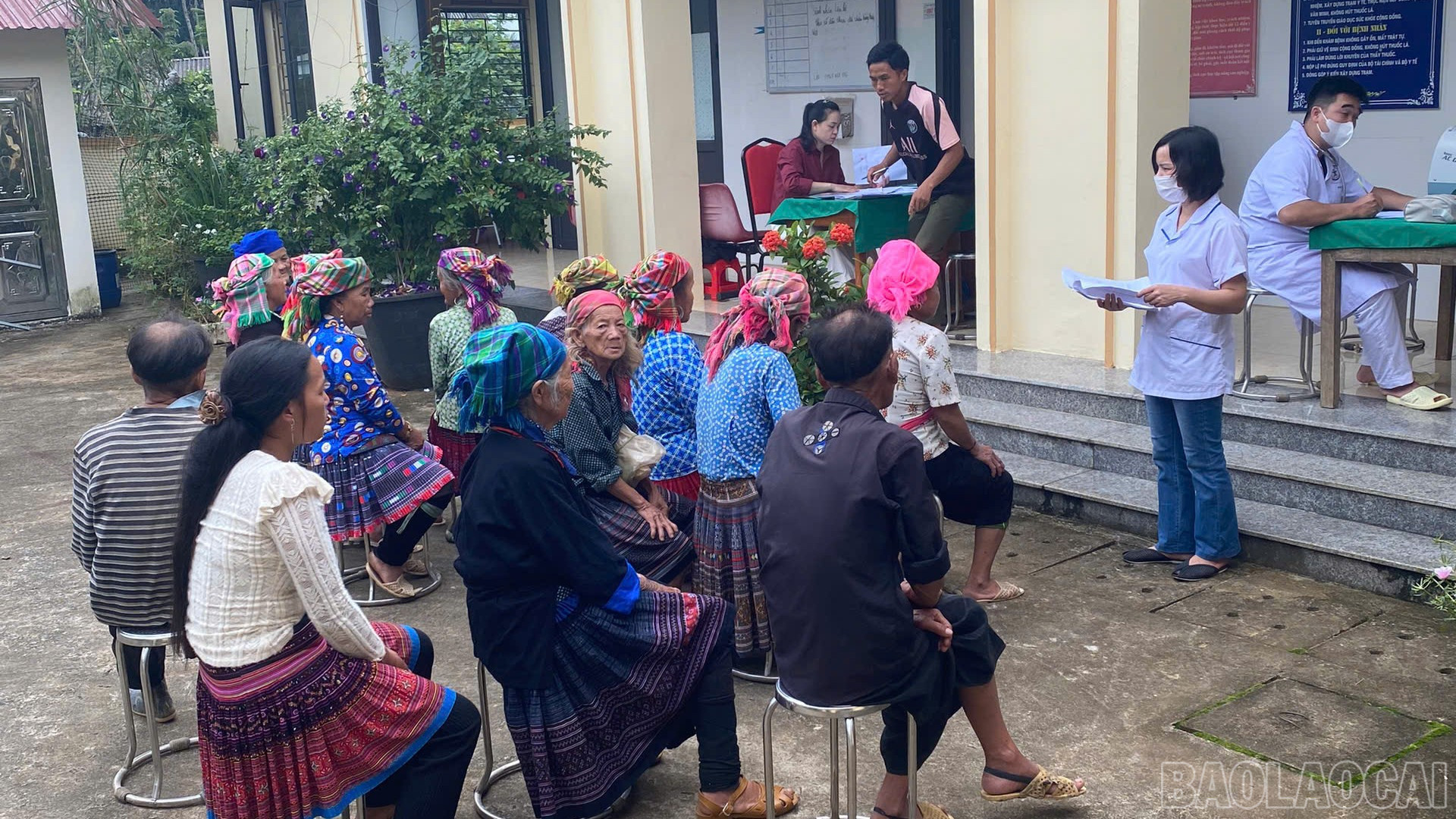
According to Mr. Tran Ngoc Binh, for subjects receiving health insurance support from the State, the unit will base on the review list from the communes to issue cards on time, ensuring the right to medical examination and treatment and effective use of the cards.
From the results achieved, it can be affirmed that the health insurance policy has been contributing to realizing the goal of “leaving no one behind” in health care. In the highland villages, the health insurance card not only has material value but also demonstrates the care and sharing of the Party and State for ethnic minorities.
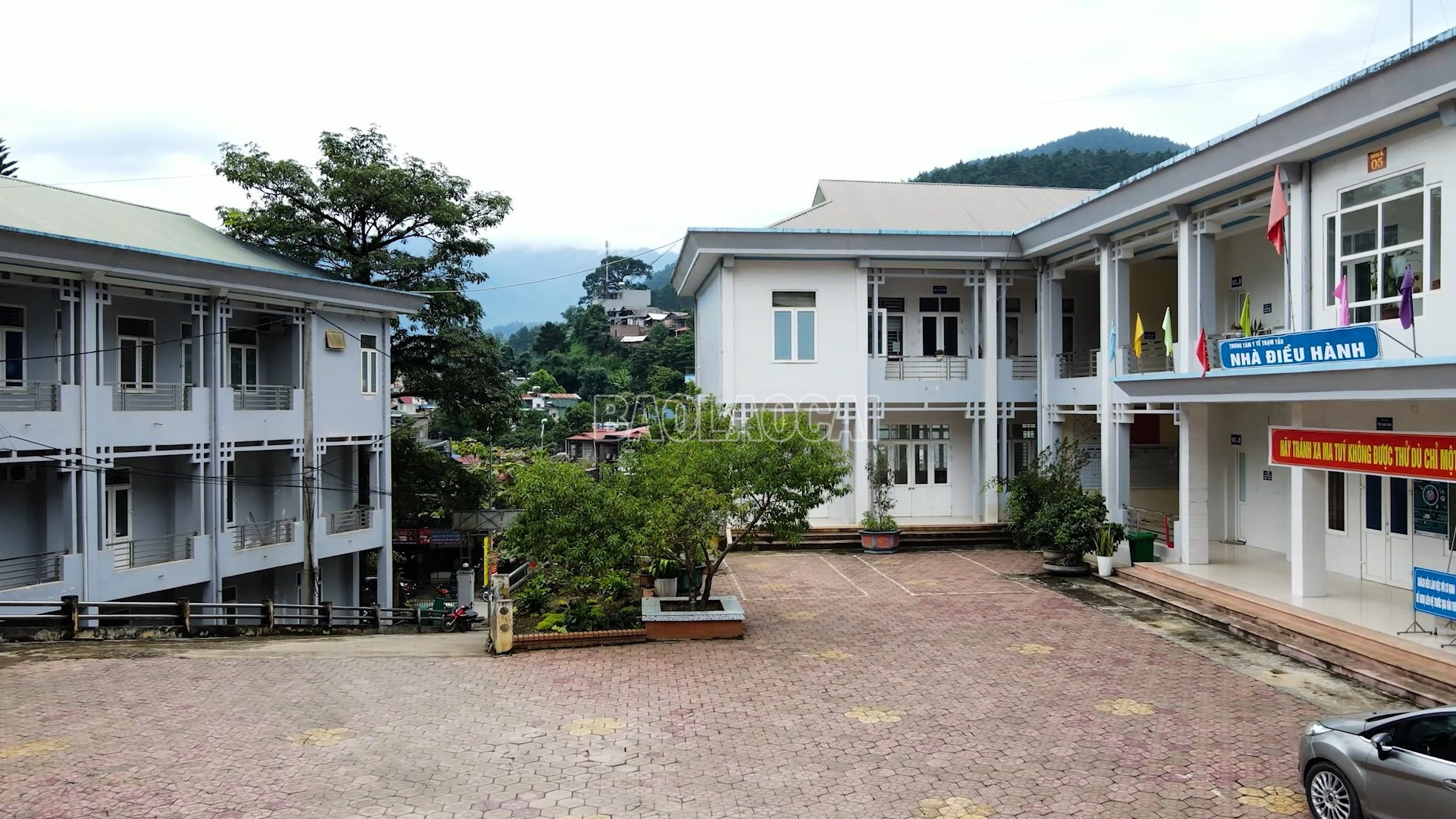
When health is guaranteed, people can work with peace of mind; children receive better medical care; the elderly and those with chronic diseases are monitored and treated promptly. These positive changes are contributing to creating a new look for the highlands - where social security is increasingly strengthened.
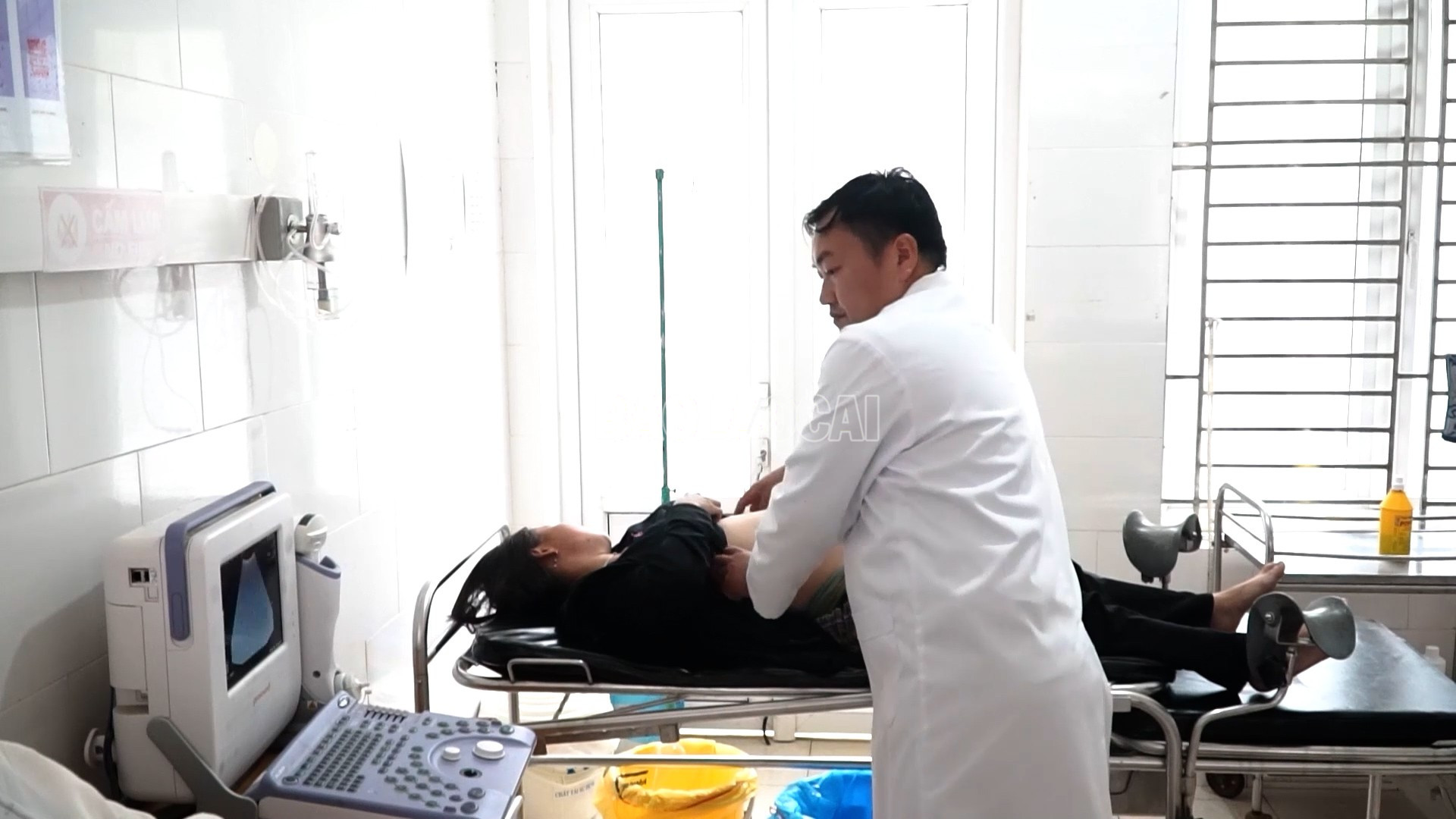
It can be seen that health insurance is not only a humane policy but also a "fulcrum" to help people in the highlands access modern medical services, getting closer to the goal of "health care for all people".
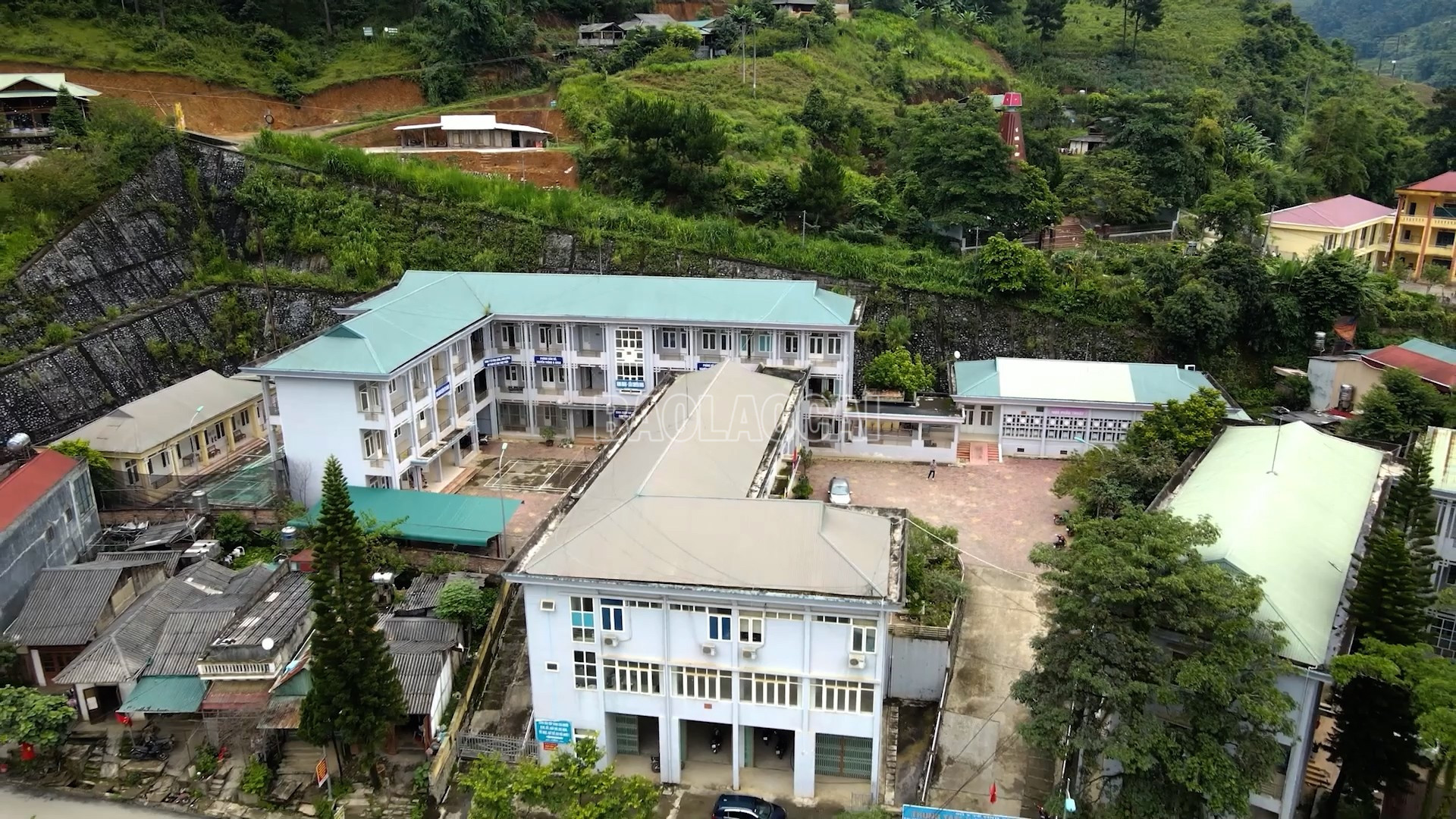
Source: https://baolaocai.vn/diem-tua-cham-soc-suc-khoe-cho-nguoi-dan-vung-kho-khan-post885437.html


![[Photo] Prime Minister Pham Minh Chinh chaired a meeting to evaluate the operation of the two-level local government model.](https://vphoto.vietnam.vn/thumb/1200x675/vietnam/resource/IMAGE/2025/10/29/1761751710674_dsc-7999-jpg.webp)
![[Photo] Prime Minister Pham Minh Chinh chaired a meeting to discuss solutions to overcome the consequences of floods in the central provinces.](https://vphoto.vietnam.vn/thumb/1200x675/vietnam/resource/IMAGE/2025/10/29/1761716305524_dsc-7735-jpg.webp)

![[Photo] Hue: Inside the kitchen that donates thousands of meals a day to people in flooded areas](https://vphoto.vietnam.vn/thumb/1200x675/vietnam/resource/IMAGE/2025/10/29/1761738508516_bepcomhue-jpg.webp)
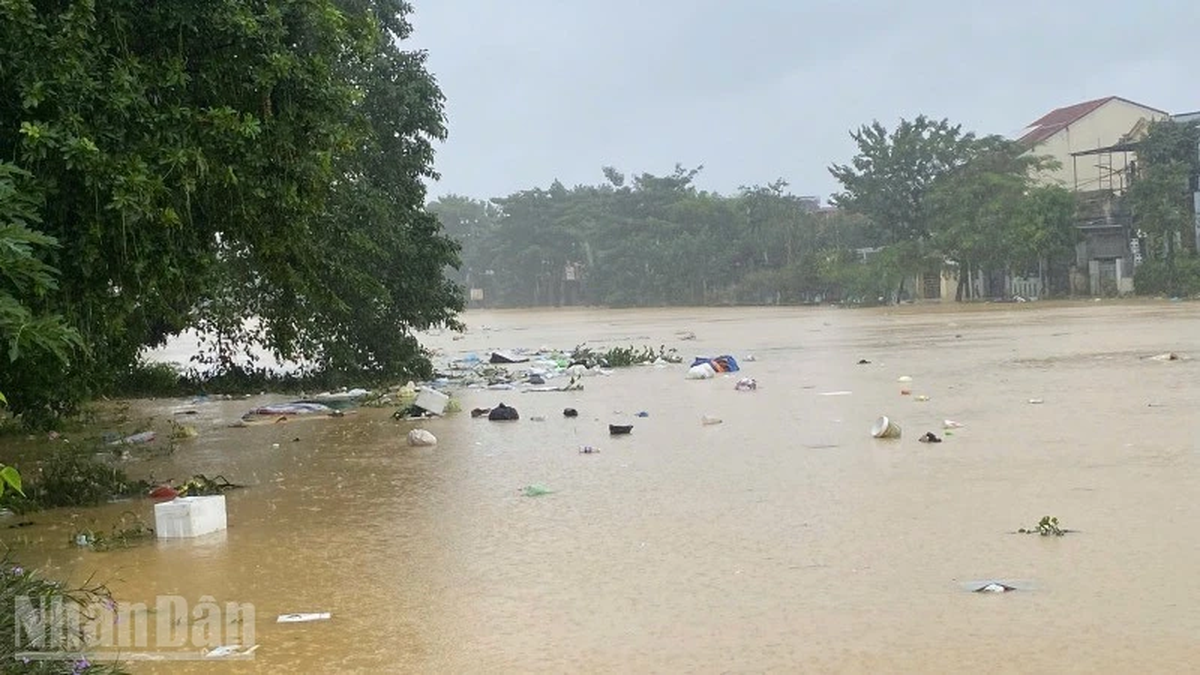

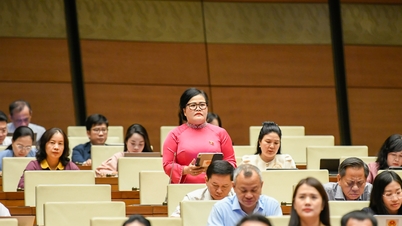

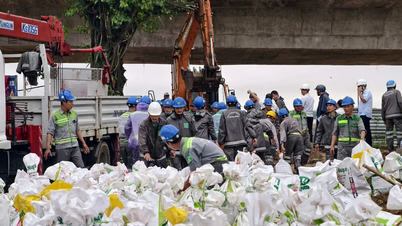

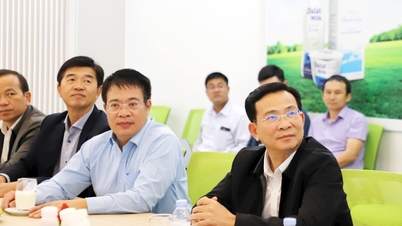




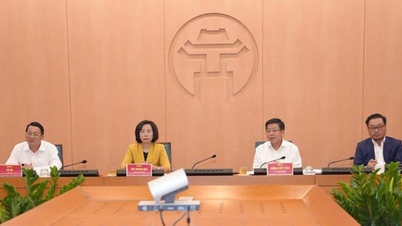





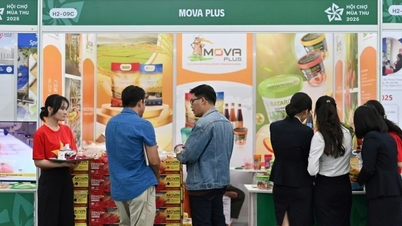
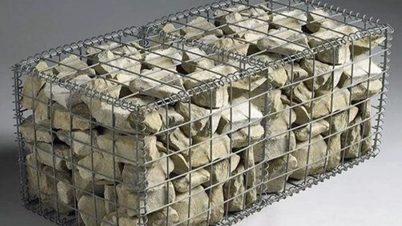
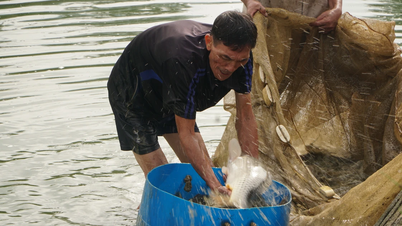
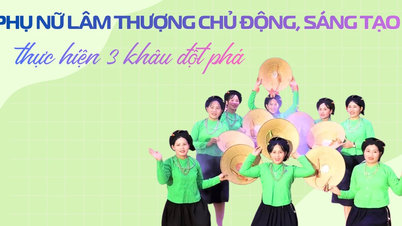
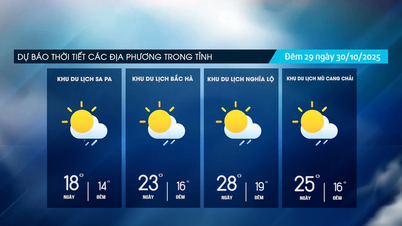
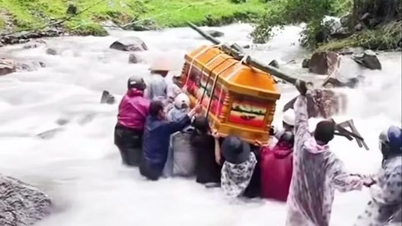




































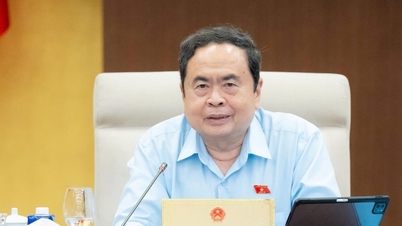

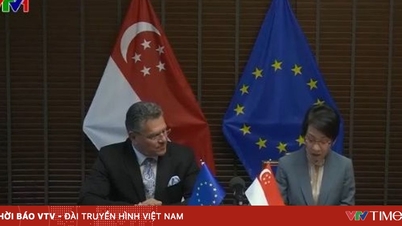
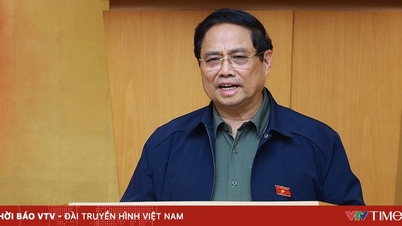
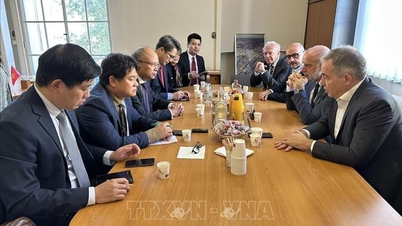

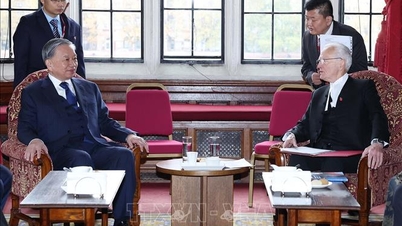
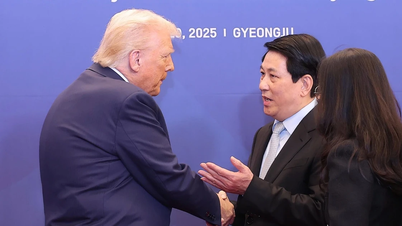



![[Live] Concert Ha Long 2025: "Heritage Spirit - Brightening the Future"](https://vphoto.vietnam.vn/thumb/402x226/vietnam/resource/IMAGE/2025/10/29/1761743605124_g-anh-sang-am-thanh-hoanh-trang-cua-chuong-trinh-mang-den-trai-nghiem-dang-nho-cho-du-khach-22450328-17617424836781829598445-93-0-733-1024-crop-1761742492749383512980.jpeg)



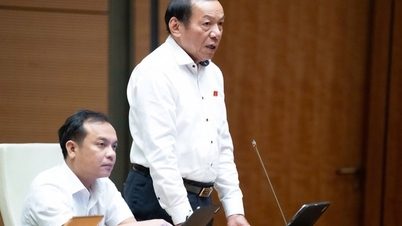
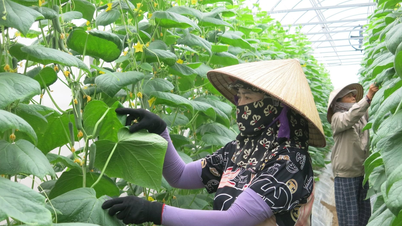

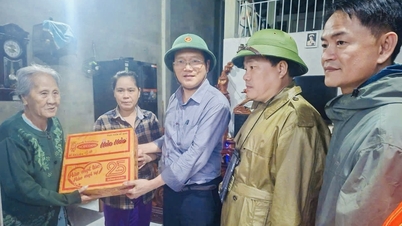
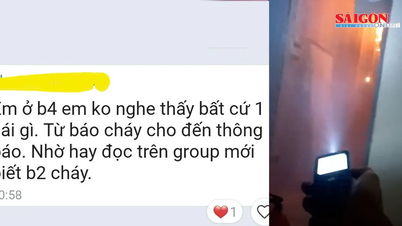
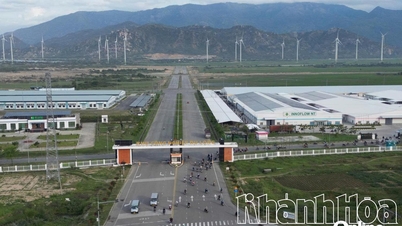

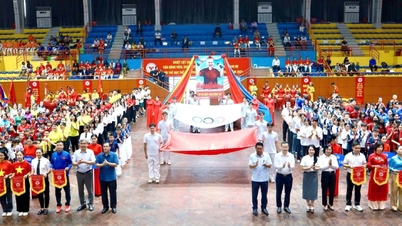
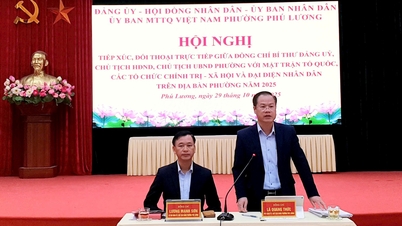










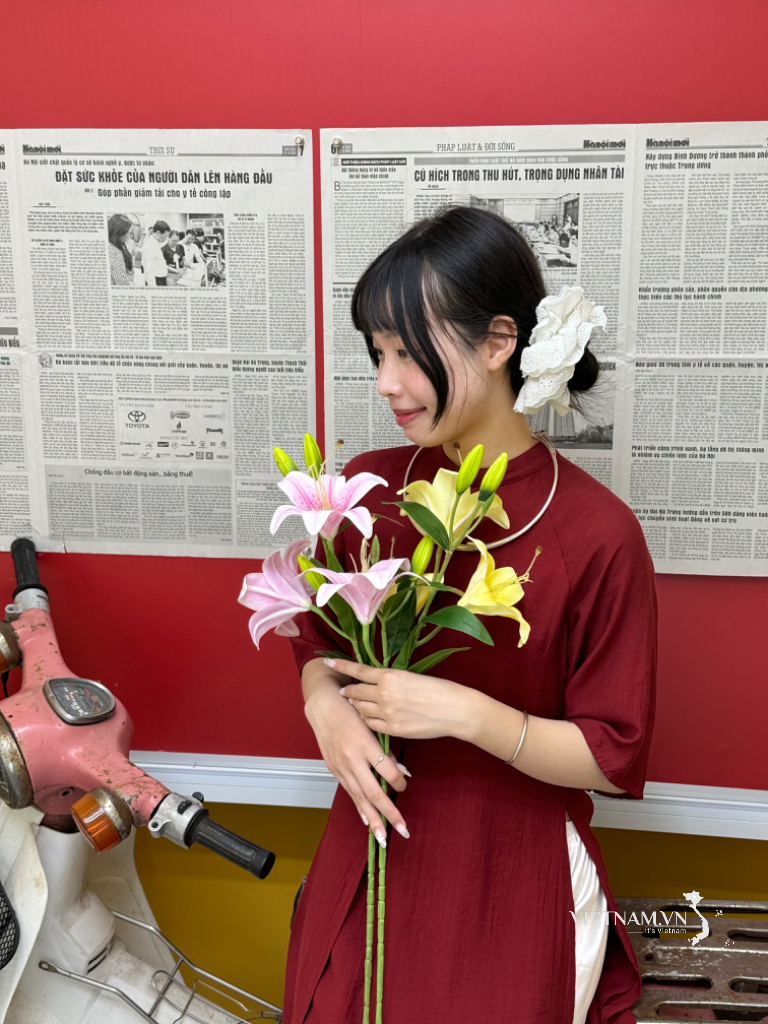



Comment (0)